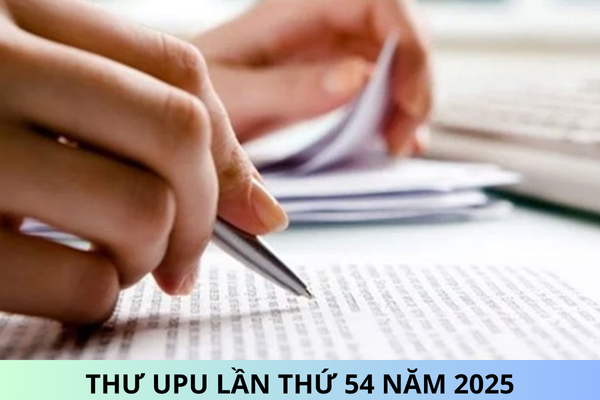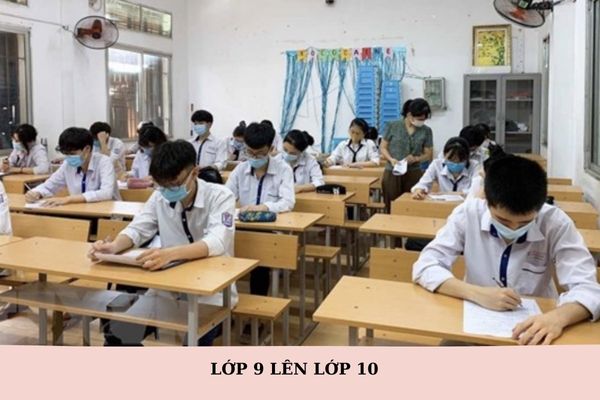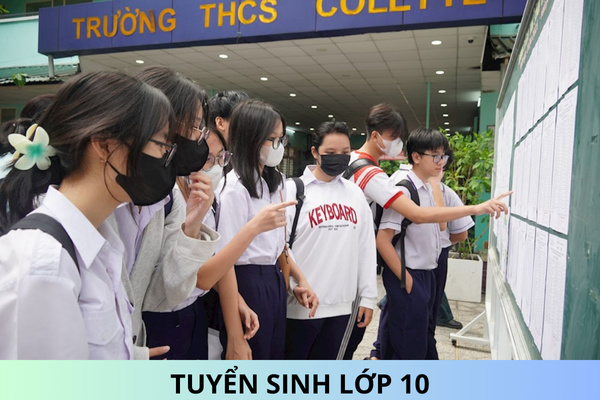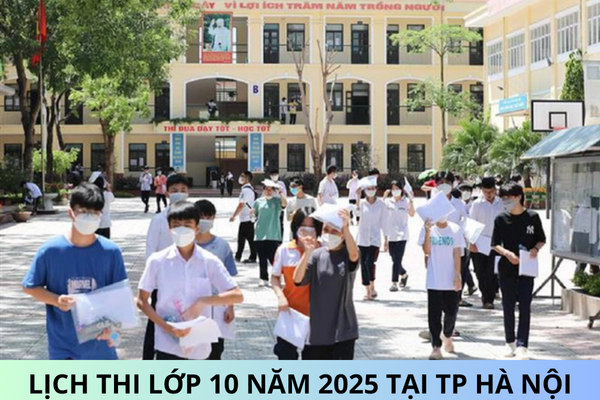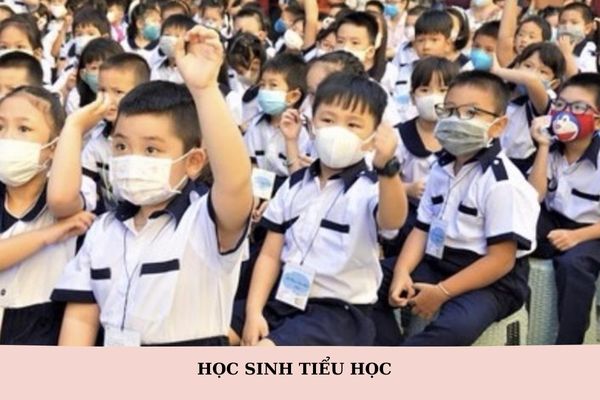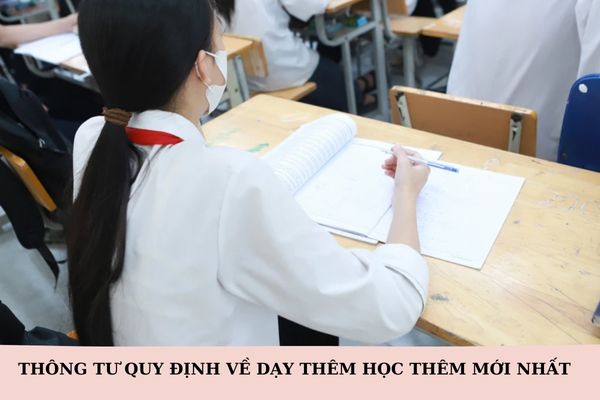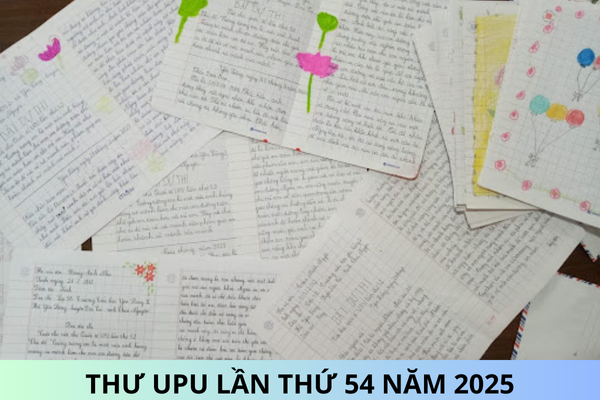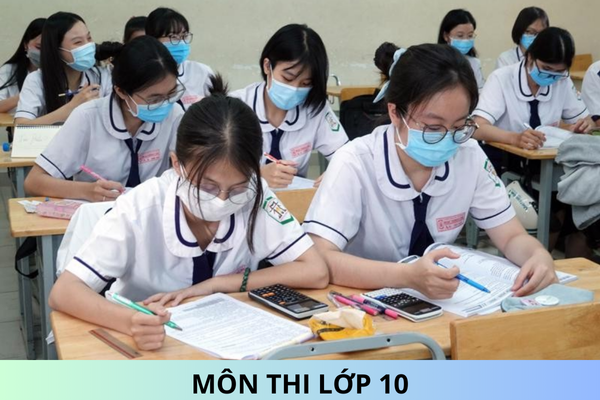What is the schedule for the Competency Assessment Exam in 2025 of Vietnam National University, Ho Chi Minh City?
What is the schedule for the Competency Assessment Exam in 2025 of Vietnam National University, Ho Chi Minh City?
In 2025, Vietnam National University, Ho Chi Minh City will conduct two competency assessment exams: Session 1 on March 30, 2025; Session 2 on June 1, 2025. To be specific:
Session 1: Registration opens on January 20, 2025, and closes on February 20, 2025;
Session 2: Registration opens on April 17, 2025, and closes on May 7, 2025.
The competency assessment exam dates are March 30, 2025, for Session 1, and June 1, 2025, for Session 2.
The results of the Session 1 exam will be announced on April 16, 2025, and Session 2 results will be announced on June 16, 2025.
From 2025, the structure of the competency assessment exam will be adjusted to align with the 2018 general education program. Vietnam National University, Ho Chi Minh City will maintain the structure of the Language Usage and Mathematics sections, while increasing the number of questions in these two sections to enhance the reliability and differentiation of the exam.
The Logic - Data Analysis and Problem Solving section has been restructured into the Scientific Thinking section to evaluate candidates' abilities in logic and scientific reasoning when addressing real-world situations in science, technology, economics, and society.
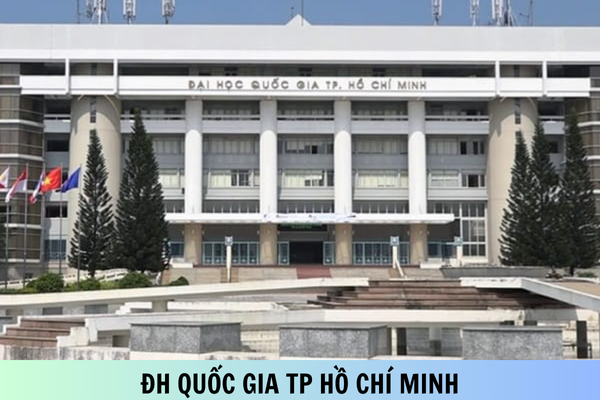
What is the schedule for the Competency Assessment Exam in 2025 of Vietnam National University, Ho Chi Minh City? (Image from the Internet)
What are the specific objectives of undergraduate education in Vietnam?
Based on Article 5 of the Higher Education Law 2012 (amended by clauses 2 and 3 of Article 77 of the Vocational Education Law 2014), the objectives of higher education are specified as follows:
Article 5. Objectives of Higher Education
- General Objectives:
a) To train human resources, improve people's knowledge, and nurture talents; to conduct scientific research and technological development to create new knowledge and products, fulfilling the requirements of socio-economic development, ensuring national defense, security, and international integration;
b) To educate learners with political and moral qualities; to provide knowledge, practical skills, research capability, and development of scientific and technological applications appropriate to their education level; to ensure health; to develop creativity, professional responsibility, adaptability to the working environment; and a sense of service to the people.
- Specific objectives for undergraduate, master's, and doctoral education:
b) Undergraduate education aims to equip students with comprehensive professional knowledge, a strong grasp of natural and social principles, essential practical skills, and the ability to work independently, creatively, and solve problems within their field;
c) Master's education aims for learners to have foundational scientific knowledge, advanced skills for effective research in a scientific field or professional activities, and the ability to work independently, creatively, and to detect and solve issues within their specialty;
d) Doctoral education is designed for doctoral candidates to achieve high proficiency in theory and application, the ability for independent, creative research, the development of new knowledge, the discovery of principles, natural and social laws, and the resolution of new scientific and technological problems, guiding scientific research and professional activities.
Thus, the specific objective of undergraduate education is to equip students with comprehensive professional knowledge, a strong grasp of natural and social principles, essential practical skills, and the ability to work independently, creatively, and solve problems within their field.
What are rights of university students in Vietnam?
Based on Article 83 of the Education Law 2019 regarding the rights of learners:
Article 83. Rights of Learners
- To be educated and to learn for comprehensive development and to best realize their potential.
- To be respected; to have equal opportunities for education and learning; to develop talents, aptitudes, creativity, inventions; to be fully informed about their learning and training.
- To advance in class, shorten program duration, study at an older age than regulated, extend study duration, repeat classes, and be facilitated to learn educational programs as per the law.
- To study in a safe, healthy educational environment.
- To receive diplomas, certificates, and verifications upon graduating from a study level, completing an educational program as required.
- To participate in activities of associations and social organizations within educational institutions as prescribed by law.
[...]
Therefore, university students have the following rights:
- To be educated and to learn for comprehensive development and to best realize their potential.
- To be respected; to have equal opportunities for education and learning; to develop talents, aptitudes, creativity, inventions; to be fully informed about their learning and training.
- To advance in class, shorten program duration, study at an older age than regulated, extend study duration, repeat classes, and be facilitated to learn educational programs as per the law.
- To study in a safe, healthy educational environment.
- To receive diplomas, certificates, and verifications upon graduating from a study level and completing an educational program as required.
- To participate in activities of associations and social organizations within educational institutions as prescribed by law.
- To use facilities, libraries, equipment, and means to support educational, cultural, physical education, and sports activities within educational institutions.
- To directly or through their legal representative propose to educational institutions solutions that contribute to building educational institutions and protecting the rights and interests of learners.
- To benefit from state preferential policies when recruited into state agencies if graduating with distinction and having good ethics.
- To have a representative participate in the school council as provided by law.
